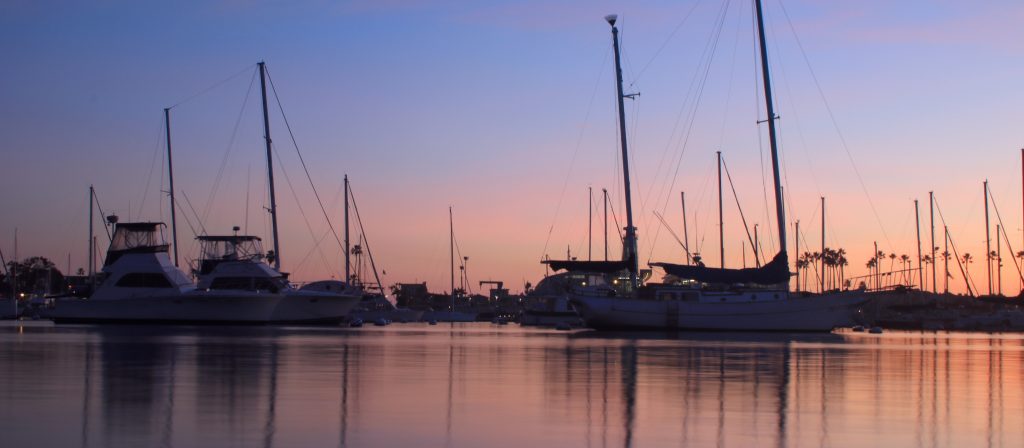
- Select a language for the TTS:
- UK English Female
- UK English Male
- US English Female
- US English Male
- Australian Female
- Australian Male
- Language selected: (auto detect) - EN
Play all audios:
Following several community meetings where the issue was a hot topic, the Newport Beach Harbor Commission considered how to define “live-aboard” during a meeting last week. Commissioners
voted 5-0 on June 12 to keep the definition the same, but to get clarification from the city attorney on the specific language and then ratify it at the next meeting. Commissioner Paul Blank
recused himself and Commission Chair David Girling was absent. There are a lot of ways people can spend time on their boat, including anchorages and slips, commented Commissioner John
Drayton. “I’m not hearing a lot from mooring permitees clamoring for a lot more time,” Drayton said. “I’m really struggling to see why we would expand the numbers of days here.” Other
commissioners agreed. If it’s not broken, don’t fix it, Commissioner Don Yahn noted. It could create other, unintended consequences. There was a bit of discussion about possibly striking the
word “domicile” from the current definition. Domicile means primary residence, Commissioner Bill Kenney commented. Someone on their boat for a week to 12 days or less each month is not a
primary residence, he added. Commissioners ultimately agreed that it needs to be reviewed by the city attorney before any change. In February 2018, City Council requested that the Harbor
Commission review and possibly revise Title 17- Harbor Code, of the Newport Beach Municipal Code. The purpose of this revision was to review the code in light of the city’s new Harbor
Department and increased service levels, according to the staff report. The Commission appointed an ad hoc subcommittee comprised of Commissioners Kenney, Yahn, and Paul Blank to take on the
task. The ad hoc subcommittee requested the Commission review the definition of live-aboard. The current definition explains that “the term “live-aboard” shall mean the use or occupancy of
a vessel as a domicile for a period exceeding 72 hours in any 30-day period.” The subcommittee has held several public meetings to review Title 17 and gather community input. At the first
forum on April 8, the representation of those in attendance was heavily weighted toward mooring permittees. A lively discussion during the meeting revolved around live-aboards. Many of those
in attendance thought that the three-night stay was too restrictive and some harbor users requested more days to enjoy their boats on their moorings. The crowd seemed to agree on 11 or 12
nights per month, which would basically allow permittees to spend every weekend on their boats. During the second outreach meeting on May 6, a number of homeowners raised concerns that
permittees staying on their boats at night can cause issues and diminishes the quiet enjoyment of their homes, according to the staff report. “When the subcommittee reviewed the comments
from both perspectives, it was uncomfortable in making a recommendation to the Harbor Commission due to the very strong feelings of both the homeowners and permittees and believe this issue
should be heard by the full Harbor Commission so that each side may express their concerns and issues on the subject,” the staff report reads. During public comment, Chuck South commented
that some people might be expecting a huge influx of partying and people, disturbing other boaters, but that’s not the case, South noted. There probably won’t be much of a change, South
said. If a person doesn’t cause any trouble, they could stay every weekend and nobody would take notice, he commented. The “good citizens” on the water aren’t the problem, a few others
agreed. Several public speakers noted that the current rules and regulations need to be enforced better before making any changes. Illegal live-aboards, dumping blackwater (raw sewage) into
the harbor, and noise were all mentioned as needing better enforcement. They want too, Kenney commented. Title 17 is pretty good as is, all the regulations are there, he added, but
enforcement does need to be better. “We just need the budget and the bodies to enforce it,” Kenney said. “We agree with you, certainly, on those issues.”







